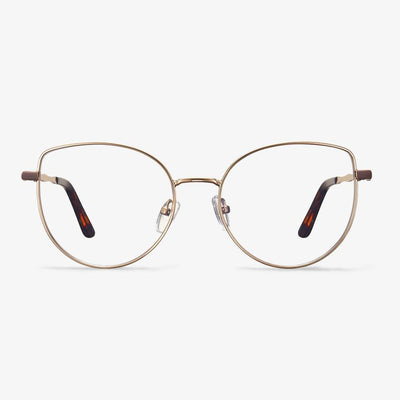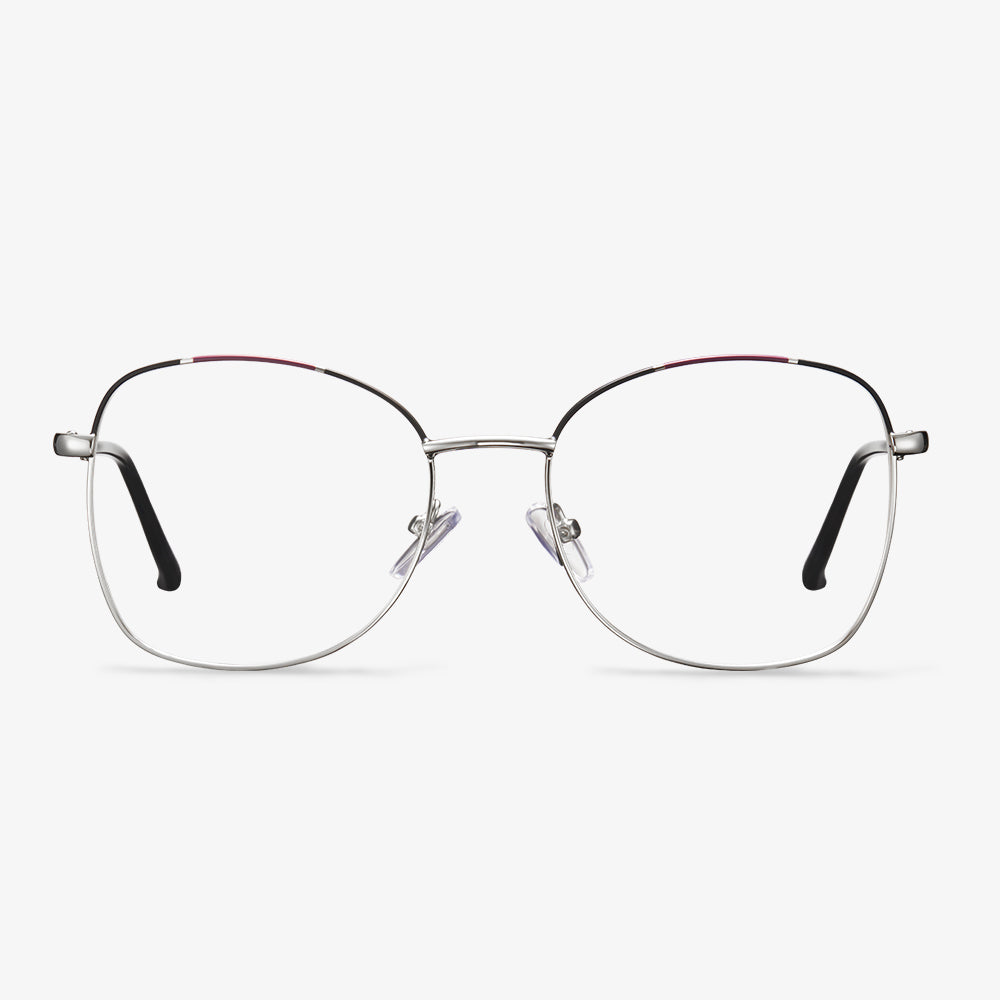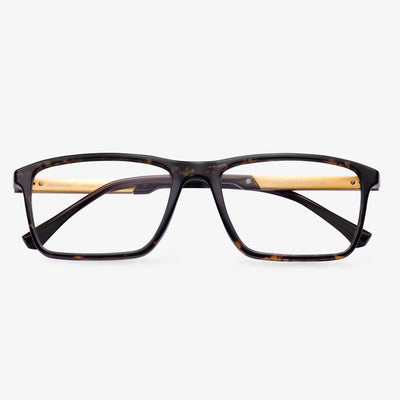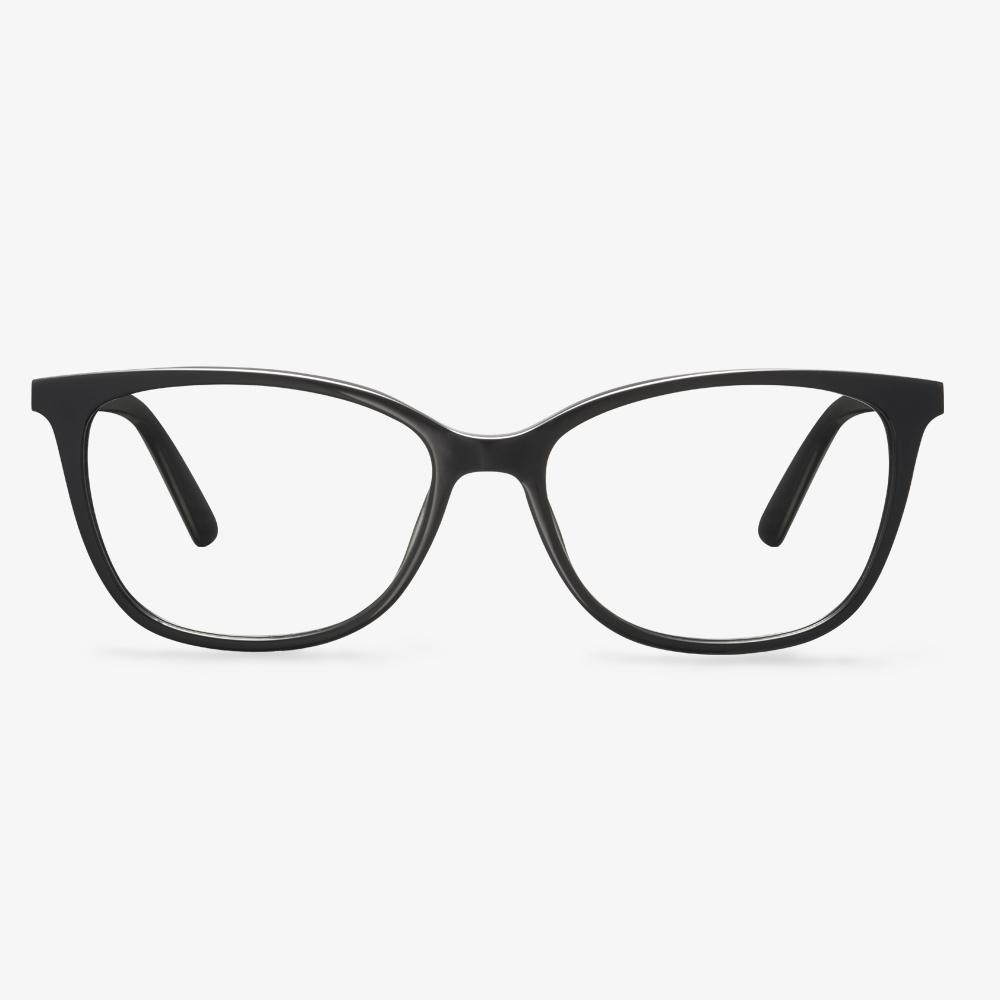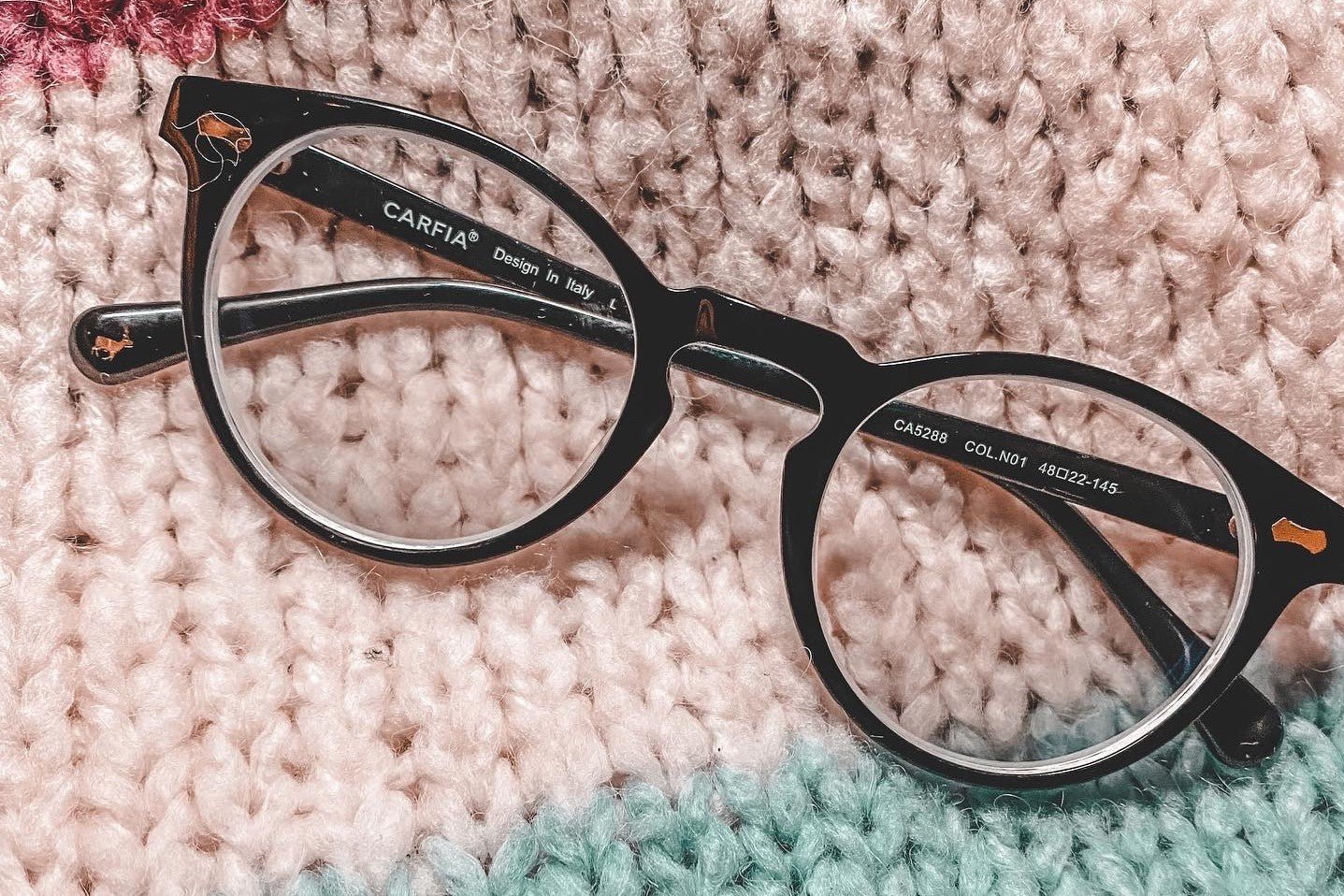Benefits of wearing blue light blocking glasses
-
Use blue light blocking glasses to relieve eye discomfort.
Excessive use of the device can cause computer vision syndrome or digital eye fatigue. Glasses with blue light filtering technology can enhance your concentration and reduce eye fatigue, thereby making your eyes feel less tired and improving work efficiency. Another way to reduce eye strain is to ensure that you stay away from the screen regularly.
-
Sleep better with blue light blocking glasses
One of the more surprising effects of touching the screen is that it may have a negative effect on sleep patterns. Blue light has a high energy frequency, which can increase alertness and delay the body's release of melatonin, which helps induce sleep. Generally speaking, we should all avoid using Blu-ray devices one to two hours before going to bed. Anti-blue light glasses can reduce the impact of blue light, allowing you to use your device before going to bed and still have a good night's sleep. However, the best option is to put down the screen before going to bed.
-
Reduce the possibility of AMD
Age-related macular degeneration (AMD) is the main cause of blindness. Anti-blue light lenses can help avoid or delay this situation by preventing blue light from affecting your eyes.
Computers, TVs, mobile phones, and tablets all emit blue light. Even with long-term exposure, the blue light emitted by these devices may not be enough to cause damage to the eyes or vision. However, further research is needed to confirm whether the blue light emitted from these devices is harmful. Experts are also uncertain whether blue light glasses can help symptoms associated with increased screen exposure. Ophthalmologists suggest that eye fatigue, headaches, and lack of sleep may be related to computer vision syndrome, rather than blue light exposure. For eye health, wearing blue light blocking glasses is not enough, we still have to develop good eye habits.
Production technology of progressive lenses
In addition to the evolution in design, the production technology of progressive lenses is also constantly improving: the most representative one is the free-form technology. The emergence of free-form surface technology makes the production more flexible and rapid and can realize a more personalized design. For now, progressive lens design is done on the inside surface of the lens by a computer-controlled lathe, as if a master engraver could carve a piece of stone into a work of art.
What are the advantages and disadvantages of bifocal reading glasses?
The advantage of bifocal reading glasses is a large field of vision, and they can be used with the same pair of glasses to see far, near. The cost is lower. But different areas have obvious intervals, and the appearance is not beautiful. The middle distance is fuzzy. They need to adapt to the period. Bifocal reading glasses lens is divided into two parts, and the degree of the two parts is not the same. The upper part is the mother of the flat area to see far, and the next part is the child of the reading area to see near. There is an obvious interval. The appearance is not beautiful. There is no transition area between two different areas, so its vision is fuzzy, easy to produce a 'jump image'. Long-term wearing will make people dizzy or fall down when climbing stairs.
What Are Bifocals?
There are several kinds of lenses available in the market. Now, there is a kind of lenses by stacking two different kinds of lenses together and they are called a bifocal lens. Bifocal lenses are lenses with lines separating two different prescriptions. There is a presence of a distance lens at the top and the lower part has a lens that can be used to view the objects placed nearby.
Bifocal lenses are designed for people who have presbyopia, a condition in which the person can’t see the nearby placed objects. Presbyopia is an age-related condition, often occurred when people are over 40 and people often have blurred vision.
At the same time, there are different types of bifocal lenses present and they provide the same user which is the lower part of the lens is used to view the nearby objects or to do work related to reading and writing while the upper part of the lens is used to view the objects placed at a faraway distance or to do an activity like driving.
So, in the following section, we will show you the different types of bifocal lenses.
Eyeglass Holder- Cat
It has a universal design for reading glasses for men, women, or children. It's easy to find your glasses in the room. The decorative bracket makes your glasses convenient. You can enjoy a lovely desk or bedside table spectacle frame specially designed to accommodate your reading glasses. The frame has a special slot in the nose that fits perfectly on the arm of your glasses. With this cute and convenient stand, you won't lose or misplace your readers -- it's easy to find on cluttered desks!
Points To Note When Choosing Frames
Choose a frame with lightweight, good elasticity, and stable structure. The lens frame with poor quality tends to deform in use, which affects the optical properties of the glasses. Pay attention to whether the two sides of the frame are symmetrical and whether it is fixed and safe enough. Pay attention to whether there are scratches on the surface of the frame. Just put on the glasses to feel if it is very tight or very loose, and they must be tight to reach the saturation condition. Pay attention to distinguish the advantages and disadvantages of the coating. The better coating frame has a uniform color, smooth surface, and clear identification. After using the frame with poor coating quality, the frame will soon rust and fall off, affecting the life of the frame, and even causing skin discomfort or allergy.
How do you identify the refractive index of lens?
In reality, this problem is often a problem for optical shop practitioners, sometimes they worry about whether the manufacturer's lenses match the nominal value of the refractive index. We need a prop, and that's the camber. Because it can be used to measure the strength of the lens. The luminosity of the lens can be calculated by subtracting the curvature of the inner and outer surfaces of the lens. The curvature difference of a lens of the same luminosity is inversely proportional to the refractive index, that is, a lens with a higher refractive index only needs a smaller curvature difference to achieve the same luminosity.

















